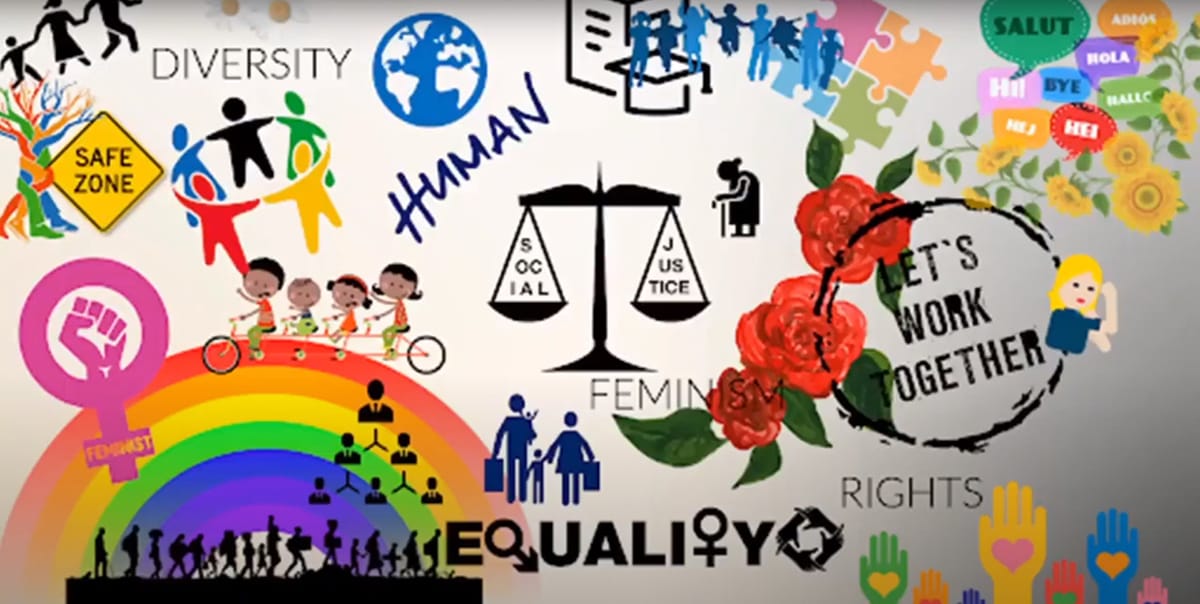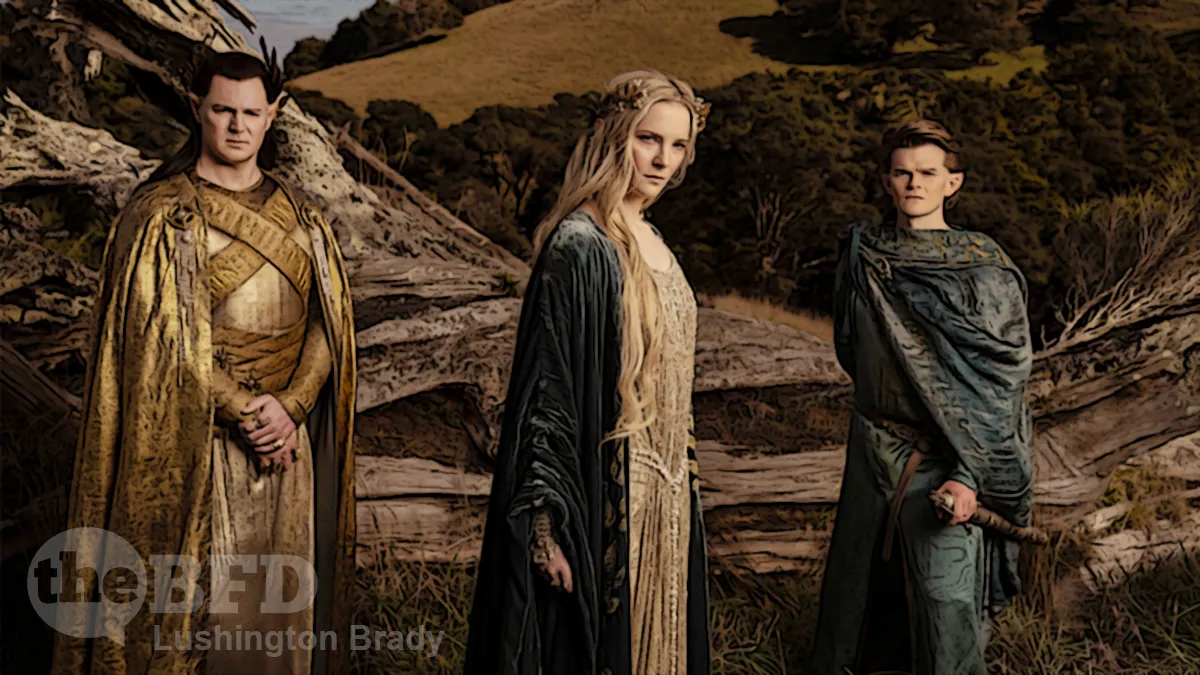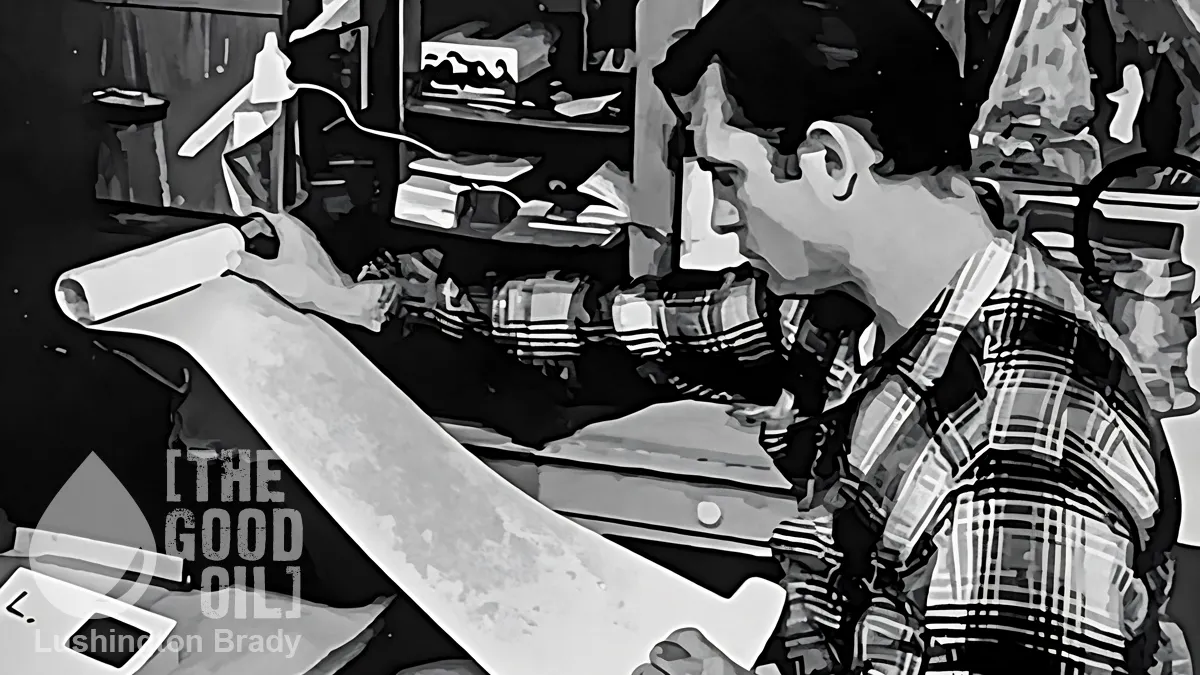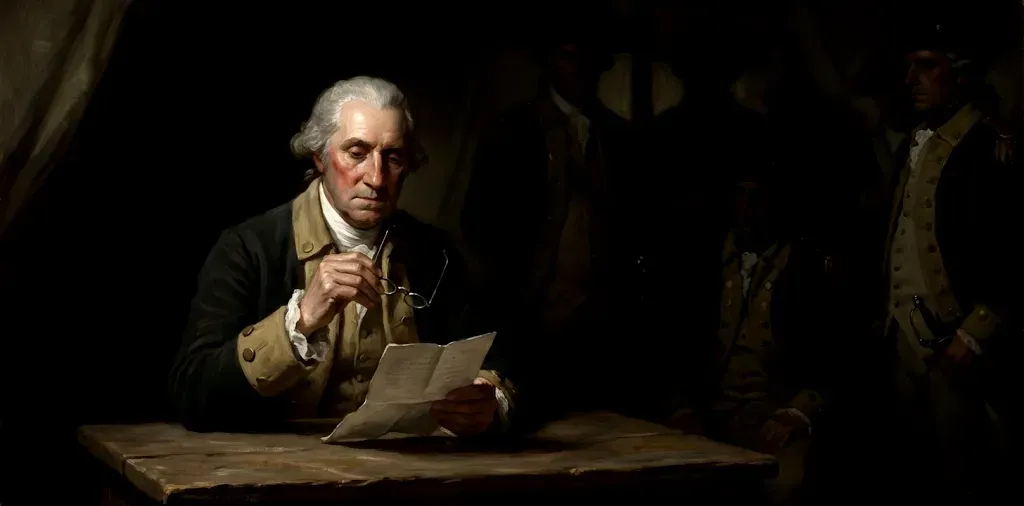Table of Contents
Now I know how the Whovians and Trekkers feel.
Despite being an SF fan for as long as I can remember, I never had more than a passing interest in Star Trek (too preachy). Doctor Who was a constant of the cultural landscape, but too often clashed with Dad’s six o’clock news for me to be a regular viewer.
But Tolkien? I was hooked from the instant I read The Hobbit at eight or nine, and The Lord of the Rings soon after. For a long time, back then, though, the published Tolkien canon was pretty thin and apart from the aforementioned, restricted to oddments like Farmer Giles of Ham and Tree and Leaf. But the posthumous publication of The Silmarillion when I was 12 opened up vast expanses of the legendarium that had previously been from afar in time and space in LOTR. Then, from the early ’80s, Christopher Tolkien unleashed a flood of previously unpublished material.
To get to the point, then: I am a big fan of Tolkien. Big fan.
Which is why I’ve taken the insulting dreck that is The Rings of Power like almost a personal insult. Not because, as Amazon would have it, I’m a disgruntled white supremacist (the histories of Harad and Far Harad, Middle-earth analogs of the Maghreb and sub-Saharan Africa, canonically colonised and subjugated by oppressive factions of Numenoreans, offer an extraordinarily rich vein of untapped storytelling).
No, it’s because the whole thing is just so bad. Despite its vaunted billion-dollar budget, the show has been cobbled together with all the care and diligence of graffiti artists vandalising the Sistine Chapel.
Successful Lord of the Rings adaptations in the past have drawn directly on Tolkien’s novels. Director Peter Jackson’s early 2000s film trilogy was faithful to the books and was produced with loving attention to detail. For this, it was cherished by fans and critics alike, its three films winning 17 Oscars – including Best Picture in 2004 for its epic final instalment, The Return of the King.
Spiked Online
Believe me, there is plenty that I dislike in Jackson’s films: the reduction of Gimli to mere comic relief, for instance, or the wanton blackening of Faramir’s character. Then there’s the hamfisted CGI of gravity-defying Legolas. But, for all that, the films remain some of my favourites of all time. Mostly because the adaptation was otherwise done with clear care and respect for the source material.
If only the same could be said for the TV show.
It isn’t the gratuitously diverse casting. It isn’t the saccharine tweeness of the hobbity Harfoots. It isn’t the ‘You go girl!’ tediousness of the relentless female character heroics. It’s that the entire series appears to have been constructed with all the charm, flair, character, originality and artistry of an Ikea wardrobe.
Spectator
Making Gimli a comic relief in the films is positively worshipful respect compared to the wholesale butchering of Galadriel in the TV show. Galadriel was a character clearly dear to Tolkien’s heart, second only to Luthien (based in part on his own beloved wife, Edith).
Galadriel is one of the few major characters to witness the vast span of the three Ages of Middle-earth history. She takes active part in one of the significant events in that history, the Rebellion of the Noldor, for which she is banned from the Blessed Lands until the very end of LOTR. Yes, she is “proud, strong and selfwilled”, like all her family. But, much more importantly, she is also, “from her earliest days”, gifted with an unusual depth of “insight into the minds of others [and] judged them with mercy and understanding”.
That depth of character is entirely absent from the character calling herself “Galadriel” in Rings of Power. Morfydd Clark’s character is a grotesquely typical, modern Hollywood “girlboss”.
An invincible, acrobatic action lady with a chip on her shoulder.
In one early scene, while her companions die uselessly off-screen, Commander Galadriel flamboyantly dispatches a vicious snow troll – alone, with complete ease and entirely unscathed. Not only does this make for a dull encounter, it also makes it hard for viewers to identify with Galadriel. No one wants to root for a character who overcomes obstacles so effortlessly.
The only surprise is that the ROP writers actually managed to restrain themselves from giving Galadriel a sassy female sidekick to high-five every time she puts the weakling men in their place.
It’s not just Galadriel, either. All of the women are written in the same way. Another story thread focuses on Bronwyn, an apparently ordinary peasant woman with no magical powers. Yet in the second episode, when a grotesque, towering orc invades her home and attacks her son, she easily kills it and takes its head as a trophy. The girlboss is equal to every challenge. The audience is left struggling to relate to these flawless, one-dimensional characters.
Spectator
That’s because such characters are a reflection of how the “tedious, philistine writers” of modern Hollywood actually see themselves. Limpwristed soyboys and flabby landwhales with an Ivy League education and no life experience, who really think they’re out there, punching Nazis and battling the forces of evil.
No character can be smarter or better than the person who writes them. ROP’s Galadriel is shallow, arrogant and unconvincing, precisely because the people who wrote her are.
The only question is, how long are they going to keep serving up this garbage? The writers and showrunners may be willing to burn through their bosses’ money in order to keep preaching THE MESSAGE, but not even Supreme Overlord Bezos has infinitely deep pockets.










